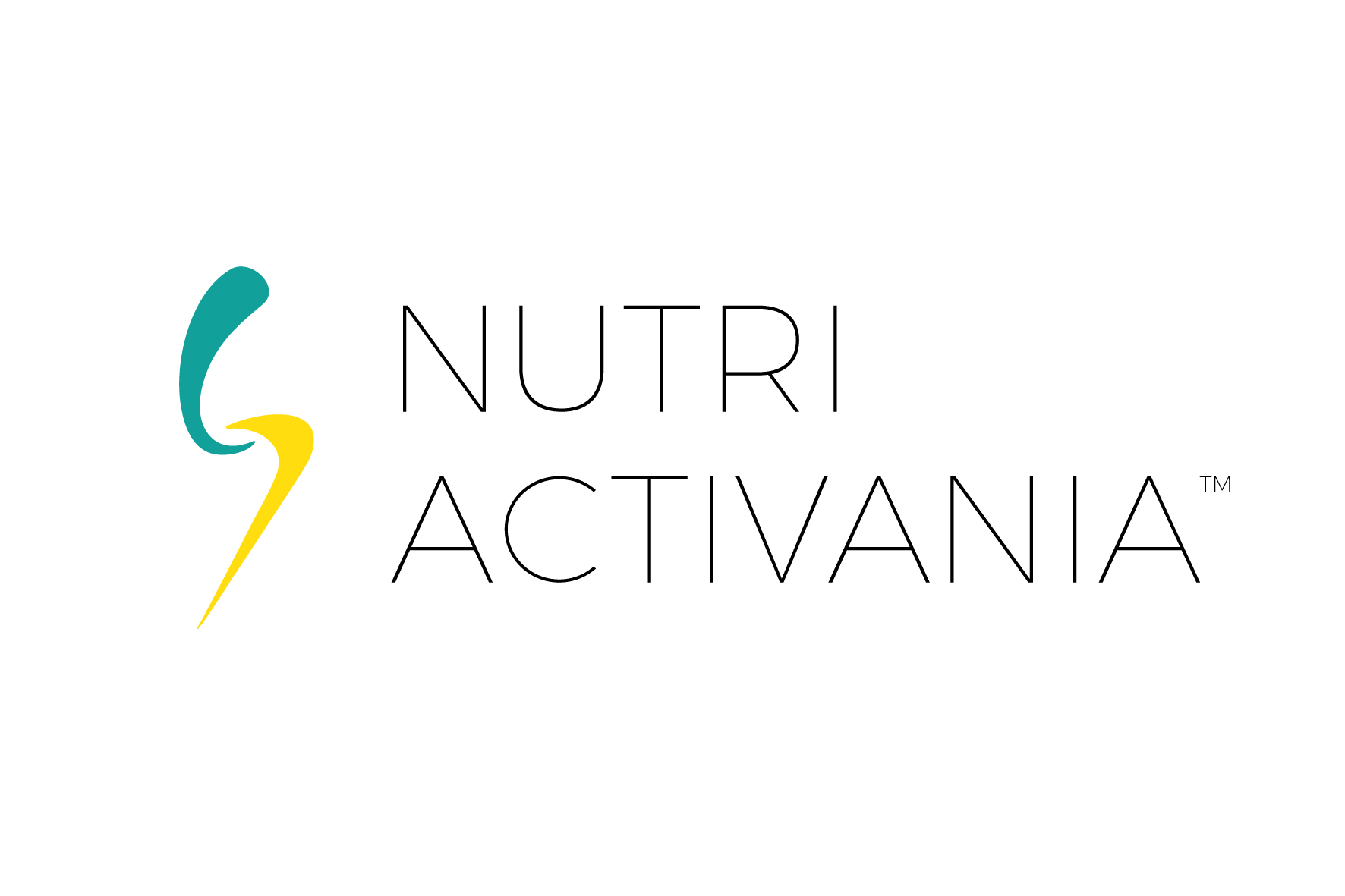Is it Safe to Eat Eggs Every Day? Reveals Dietician Avni Kaul
Eggs are a nutritional powerhouse and have been a dietary staple for centuries. Packed with protein, vitamins, and essential nutrients, they are versatile and easy to incorporate into meals. But many people wonder whether eating eggs daily is a healthy choice or if it poses risks, particularly due to their cholesterol content. To shed light on this topic, Delhi and Gurgaon’s leading dietician for weight loss, Avni Kaul reveals the truth about the impact of consuming eggs daily and whether it is safe for your overall health.
What are the Nutritional Benefits of Eating Eggs Daily?
Eggs are known for their high nutritional value. A single large egg contains about 6 grams of high-quality protein, which is essential for muscle repair and overall bodily function. Eggs are also rich in vitamins like B12, D, and A, as well as minerals like iron and selenium. The egg yolk contains healthy fats, including omega-3 fatty acids, which are important for heart and brain health. Dietician Avni Kaul emphasizes that eggs provide a complete source of protein, meaning they contain all the essential amino acids our bodies need. “Eggs are an excellent option for people looking to increase their protein intake without relying heavily on meat,” says Kaul. “They also contain choline, a nutrient vital for brain development and liver function, which makes them incredibly beneficial when consumed in moderation.”
Do Eggs Increase Cholesterol Levels? One of the biggest concerns about eating eggs daily revolves around their cholesterol content. A single egg yolk contains approximately 186 milligrams of cholesterol, which led to widespread belief that eating too many eggs could contribute to heart disease. However, recent studies have shown that dietary cholesterol from eggs has a much smaller impact on blood cholesterol levels than previously thought. According to Avni Kaul, “For most healthy individuals, the cholesterol in eggs doesn’t significantly raise the cholesterol in the blood. In fact, eggs can actually help raise HDL, or ‘good’ cholesterol, which can lower the risk of heart disease.” That being said, those with certain medical conditions like diabetes or a history of heart disease should consult a healthcare provider to determine whether eggs should be consumed daily.
Can Eating Eggs Help with Weight Loss?
Eggs are a popular food choice among those looking to lose weight. They are low in calories yet high in protein, which can keep you feeling full and satisfied for longer periods. Studies show that starting your day with a high-protein breakfast, such as eggs, can reduce overall calorie intake throughout the day. Dietician Avni Kaul supports the inclusion of eggs in a weight loss diet. “Eggs are an excellent way to control hunger and cravings, which is crucial for effective weight management. They can easily be incorporated into various dishes, making them a convenient and nutrient-dense option.”
Is It Safe to Eat Eggs Every Day? Is there a limit to how many eggs you can eat?
The safety of eating eggs every day largely depends on your individual health status. For healthy individuals with no risk factors for heart disease, consuming up to two eggs per day is generally considered safe. However, Avni Kaul cautions against excessive consumption of eggs for those with pre-existing health conditions. “For people who have high cholesterol or heart disease, it is best to consult a doctor or dietician to determine the right amount,” she advises. For the average person, eating one to two eggs per day is not only safe but also beneficial. Eggs provide a balanced source of nutrients and can be part of a well-rounded diet when paired with vegetables, whole grains, and healthy fats.
Are There Any Downsides to Eating Eggs Daily? While eggs are packed with nutrients, there are some potential downsides to consider. Avni Kaul points out that eating eggs cooked in unhealthy fats, like butter or processed oils, can diminish their health benefits. “It is important to prepare eggs in a healthy way,” she notes. “Opt for boiled, poached, or scrambled eggs using olive oil or cooking spray rather than frying them in butter or margarine.” Additionally, some individuals may have an egg allergy or sensitivity, in which case daily egg consumption would not be advisable.
Should You Eat Eggs Every Day?
Eggs are a nutrient-dense food that can offer a wide array of health benefits when consumed in moderation. They provide high-quality protein, essential vitamins, and healthy fats that support muscle function, brain health, and weight management. According to Dietician Avni Kaul, for most healthy individuals, eating one to two eggs daily can be a part of a balanced and nutritious diet. However, those with specific health concerns should consult a healthcare professional to determine the best approach for their individual needs. Eggs can be a valuable addition to your daily diet, but like all things, balance is key.
- How to Speed Up Your Weight Loss Process? - September 17, 2024
- What Happens When You Eat Eggs Every Day? - September 10, 2024
- Amazing 5 Health Benefits of Drinking Masala Chai - September 8, 2024

